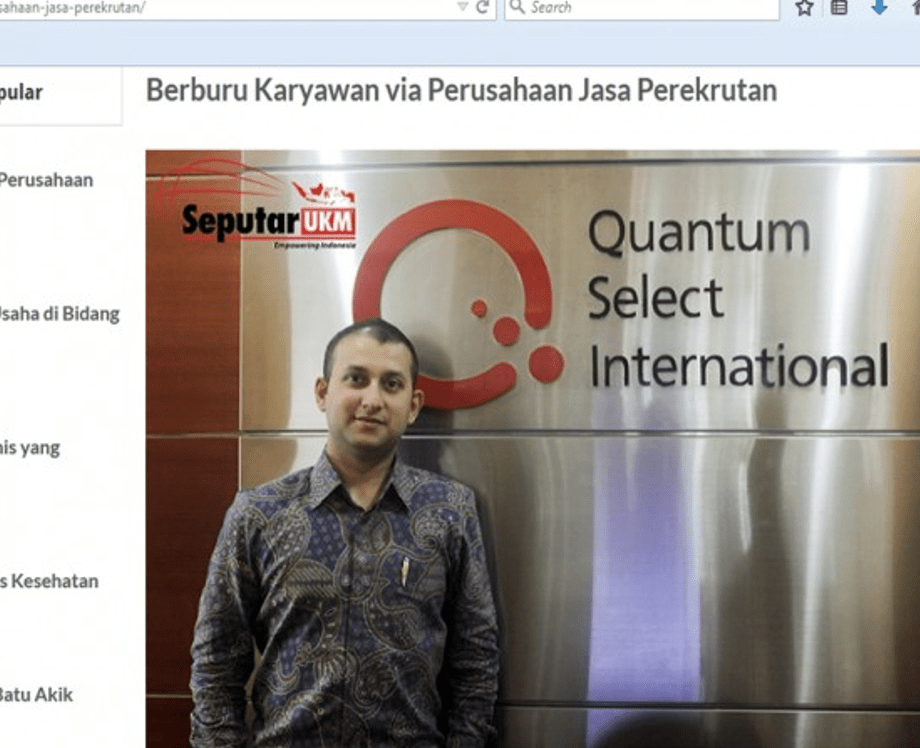
The Future of HR Recruitment: Trends to Watch
In the ever-evolving landscape of human resources (HR) recruitment, staying ahead of the curve is essential to attract and retain top talent. As we look ahead, several trends are poised to reshape the field of HR recruitment. Understanding and adapting to these trends can be the key to success in building a competitive workforce.
1. Remote Work and Hybrid Models:
The COVID-19 pandemic has shifted the paradigm of work. Remote work and hybrid work models are no longer mere options; they are becoming the norm. HR recruitment will need to embrace this change by expanding the geographical scope of talent searches and developing robust systems for remote onboarding and integration.
2. Diversity, Equity, and Inclusion (DEI):
The call for diverse and inclusive workplaces is getting louder. HR recruitment must prioritize DEI by implementing policies, practices, and strategies that promote diversity, equity, and inclusion. Job seekers are increasingly evaluating organizations based on their commitment to DEI.
3. Artificial Intelligence and Automation:
AI and automation are becoming indispensable tools for HR recruitment. These technologies can streamline the candidate selection process, identify top talents, and enhance the overall recruitment experience. Embracing AI can lead to more efficient and data-driven hiring decisions.
4. Skills-Based Hiring:
The emphasis on degrees and traditional credentials is shifting towards skills-based hiring. Employers are focusing on candidates' abilities, competencies, and soft skills. This trend encourages job seekers to invest in continuous learning and skills development.
5. Employer Branding:
A strong employer brand is crucial. Job seekers are researching organizations extensively before applying. HR recruitment must focus on branding efforts to showcase their company culture, values, and opportunities. A positive employer brand can significantly impact attracting top talent.
6. Flexible Work Arrangements:
Flexibility in work arrangements, including options like flexible hours, compressed workweeks, and part-time roles, is on the rise. Job seekers are seeking work-life balance, and companies offering such flexibility gain a competitive edge in recruitment.
7. Data-Driven Decision-Making:
The future of HR recruitment is increasingly data-driven. Recruitment teams are leveraging analytics to assess their strategies, measure the impact of their efforts, and make more informed decisions. Data helps in refining recruitment processes.
8. Continuous Learning and Upskilling:
As the job market evolves, job seekers are expected to continuously update their skills. HR recruitment teams can facilitate this by promoting a culture of continuous learning within their organizations.
9. Employee Well-being:
The well-being of employees is taking center stage. Job seekers are interested in organizations that prioritize their employees' health and mental well-being. HR recruitment should focus on employee well-being initiatives.
10. Social Responsibility:
Companies are increasingly judged based on their environmental and social responsibility. HR recruitment teams can attract top talent by highlighting their organization's commitment to sustainability, ethical practices, and corporate social responsibility.
In the evolving world of HR recruitment, staying attuned to these trends and adapting to them can help organizations and job seekers thrive. The future of HR recruitment is marked by innovation, technology, and an unwavering commitment to creating workplaces that cater to the needs and aspirations of a diverse and dynamic workforce. By embracing these trends, HR recruitment can lead the way to a more inclusive, efficient, and fulfilling job market.




